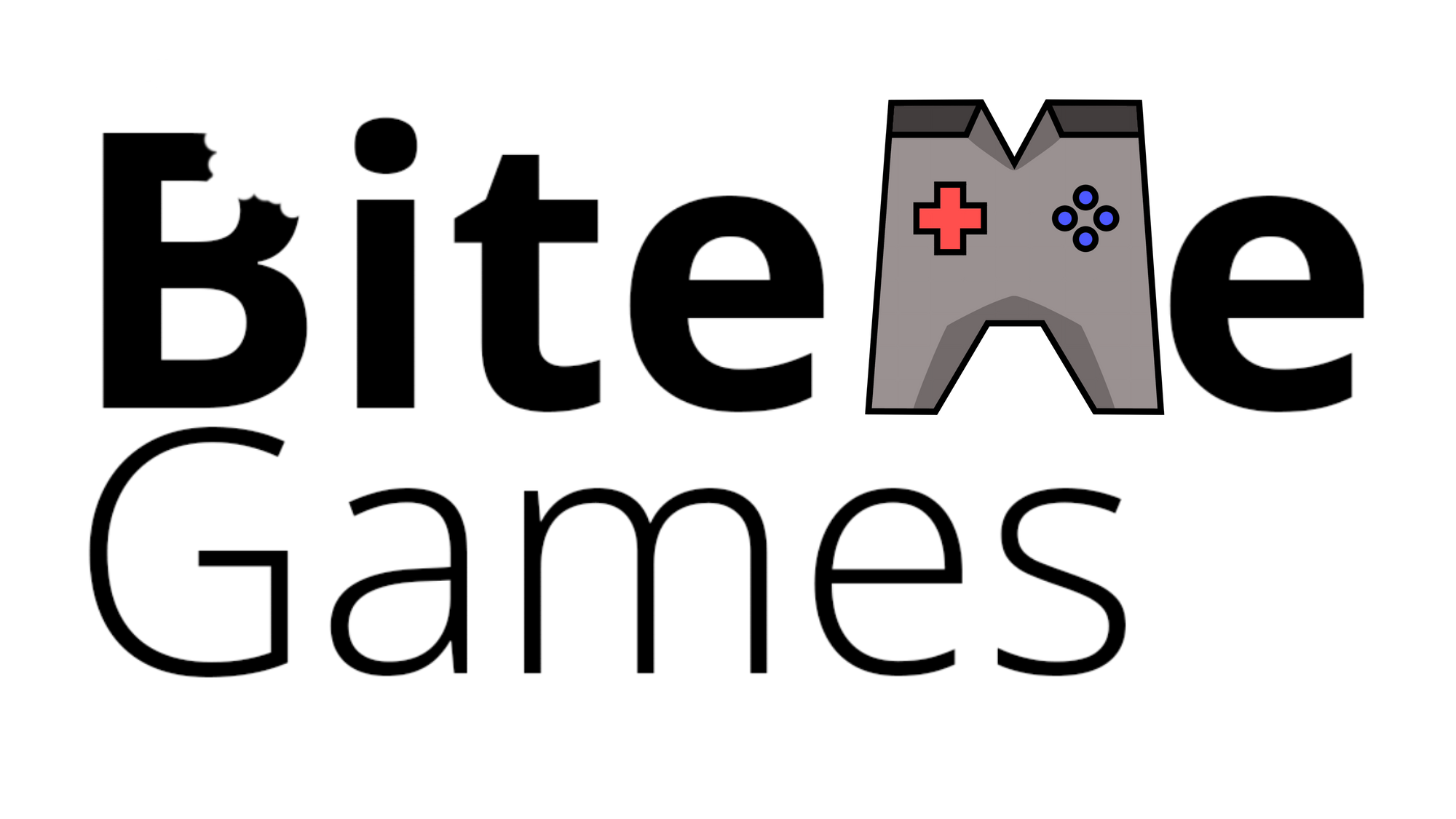Getting your gamedev journey started
Game development is probably the dream of nearly everyone who grew up playing games. All of us probably considered to do gamedev at some point, either professionally, or as a hobby. Unfortunately, whilst a lot of people dream about it, many soon learn that creating games isn't easy. This leads to them giving up on it after 2 failed days in Unity or Gamemaker Studio.
Looking at traditional software development, a cool app or website can realistically be made in a single day. Unfortunately, the same can't be said about game development. Due to the increased complexity and wide variety of tools available, it can all be very overwhelming. What game engine will I use? What programming language? Will my game be 2D or 3D? How do I know if my game is going to be fun?
That's why we'll be giving you some tips and ideas on how to begin (and finish) working on your very own game.
Before making your own game
The first piece of advice is to not start with your own original game concept as your first game. This is especially the case if you have had only limited interaction with programming languages or other tools surrounding game design like 3D or 2D art or level design.
Instead, we recommend you to just follow one of various start-to-finish YouTube tutorials. Here you will follow along in making simple games like Minesweeper, Flappy Bird or Donkey Kong in Unity. These will guide you through the entire process required for a game, using premade assets so you don't need to worry about making your game look good. They also hold your hand throughout the entire process, as the Unity (or any other Engine) can be quite daunting.
What game engine?
Now that we have had our first experience under the belt, we can start thinking about our own game. And more specifically, its engine. We may have a slight bias here for Unity, but there are plenty of engines that can work. If you want to stick to something simple and mostly for fun, Gamemaker Studio is a great way to quickly create a nice 2D game.
If you want your game to be really pretty, with high-poly graphics, Unreal Engine is another very good option. What Unreal also offers is a relatively easy to use, drag-and-drop based alternative to coding. However, if you want to create more complex mechanics, you will need to use C++. This is not the most developer friendly unless you already have a solid grasp of coding.
That's where we think Unity offers a great middle ground, it's a very extensive engine, yet it is based on more easy to understand concepts. There is no native drag-and-drop coding (there is an asset for that), but it uses the much more developer friendly C# instead of C++.
An honorable mention also goes out to Godot. Although since it uses Go as a programming language, you will not find as much documentation for it due to a much smaller adoption rate.
The look and feel: Assets
Programming a game in an engine may be one of the core parts of gamedev, but you won't have much of a game without the use of various assets. These are things like 2D art, 3D models, background music, sound effects,
Whilst you could use only premade assets, this isn't great if you are planning on selling your game, as it will quickly be dismissed as an asset flip. Instead, you will have to create at least some custom assets such as 2D and 3D models. Sound effects and music can more easily be used from assets without being recognized as assets.
For creating your own assets, you don't need fancy and expensive software though. We've compiled a small list of which software you can use for creating your assets:
- 2D Art: Krita and GIMP
- 3D Models: Blender
- Music: Waveform Free/Garageband
Ready player two?
Many aspiring gamedevs read the stories of Stardew valley or Undertale andwant to become solo indie game developers as well. However, these indie games are exceptions. If you have the option, try to bring one (or multiple) friends or partners onto the project. Creating a solo game is like playing on New Game+. Bringing someone along on your journey will help with speeding up development, hold you accountable, give instant feedback, help you share your vision and so much more. It will also make the gamedev journey more fun, as you have someone to talk and relate to your struggles as well.
Our other gamedev tips
So now that we have gotten you through the how's of gamedev, let us also share some smaller tips that we recommend everyone to stick to:
- Consistency is key. Regardless of how busy your life is, spend at least 5 minutes a day on your project, this often leads to longer working sessions, but is super beneficial if getting started is an issue for you. It will also prevent you from skipping too many days and losing interest
- Use version control. Unity Teams, GitHub and GitLab are some great tools to use for this. This creates "checkpoints" of where you were in your development journey, and can help if you want to go back in time a bit, as well as track your exact changes.
- Ask feedback! A friend or family member might have something useful to say. See how they interact with your game, and tweak it accordingly. Short feedback loops are really important for almost any project.
Here be dragons
No matter how many tips and advice we give though, it is important to know that there (just like most things in life) isn't a quick cheat to quickly create huge games and bypass the not-fun gamedev parts. You will struggle at times, or feel uncertain if you'll ever finish your game and doubting yourself.
This is where you can separate yourself from the rest of people who want to create games, but end up failing. This is where you just have to push through, keep working towards your goal, no matter how fast or slow your progression may be. And then in the end, you will see the results. With enough motivation and discipline, you will be able to learn that coding language, finish that game or master 3D modelling, and reach that goal of yours!


